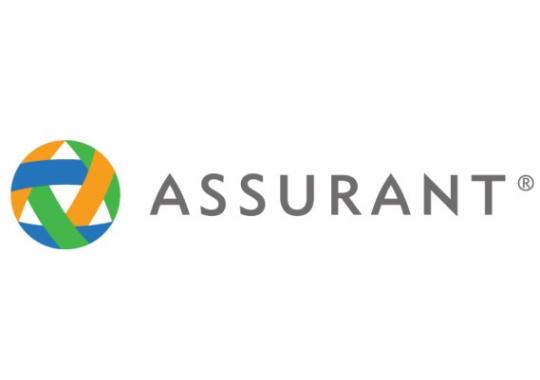Advancements in Healthcare Software Development
Today, technology is empowering healthcare professionals with tools to enhance patient care, streamline processes and ultimately save lives. At the heart of this technological revolution lies healthcare software development, which is driving innovation and transformation across the entire healthcare ecosystem.
Healthcare Software Development Applications
Healthcare software development encompasses a broad spectrum of applications, from electronic health records (EHR) and telemedicine platforms to medical imaging software and artificial intelligence (AI)-powered diagnostics. These software solutions play a pivotal role in modernizing healthcare delivery, helping to improve clinical outcomes and enhancing patient experiences.
Digitization of Medical Records
One of the most significant advancements facilitated by healthcare software is the digitization of medical records. Electronic Health Records (EHR) systems have replaced traditional paper-based records, offering healthcare providers instant access to comprehensive patient information. This accessibility enables more informed decision-making, reduces medical errors and enhances coordination among care teams, ultimately leading to better patient outcomes.
Telehealth Software
Telemedicine software has emerged as a game-changer, especially in the wake of the COVID-19 pandemic. By leveraging telehealth platforms, patients can remotely consult with healthcare professionals, receive virtual diagnoses and even undergo therapy sessions from the comfort of their homes. This not only improves access to care, particularly in rural or underserved areas, but also minimizes the risk of disease transmission and reduces the burden on healthcare facilities.
Medical Imaging and Diagnostics
In addition to improving patient care delivery, healthcare software development has revolutionized medical imaging and diagnostics. Advanced imaging software allows for more precise and efficient interpretation of medical scans, aiding in early detection and diagnosis of various conditions, including cancer, cardiovascular diseases and neurological disorders. AI-driven diagnostic tools are also increasingly being integrated into healthcare workflows, augmenting the capabilities of healthcare providers and enabling faster, more accurate diagnoses.
Innovating Administrative and Operational Areas
Beyond clinical applications, healthcare software development has also spurred innovation in administrative and operational areas. Practice management software automates tasks such as appointment scheduling, billing and inventory management, optimizing workflow efficiency and reducing administrative overhead. Additionally, predictive analytics tools leverage vast amounts of healthcare data to forecast patient demand, identify high-risk populations and optimize resource allocation, thus improving operational efficiency and cost-effectiveness.
Ensuring Data Security and Privacy
The rapid evolution of healthcare software development also presents challenges and considerations that must be addressed. Chief among these is ensuring data security and privacy. With the digitization of healthcare records and the proliferation of interconnected systems, safeguarding sensitive patient information against cyber threats and unauthorized access is paramount. Robust encryption, access controls and compliance with regulations such as the Health Insurance Portability and Accountability Act (HIPAA) are essential elements of any healthcare software solution.
Healthcare Software Interoperability
Interoperability is another critical issue that requires attention. As healthcare organizations adopt a myriad of software systems from different vendors, ensuring seamless communication and data exchange between these systems is imperative for delivering coordinated and holistic care. Standardized protocols and APIs (Application Programming Interfaces) play a crucial role in enabling interoperability and facilitating the integration of disparate healthcare IT systems.
AI and Machine Learning
The ethical implications of AI and machine learning in healthcare cannot be overlooked. While these technologies hold immense promise in enhancing diagnostic accuracy and treatment outcomes, ensuring transparency, accountability and fairness in their development and deployment is essential. Ethical considerations such as bias mitigation, algorithmic transparency and patient consent must be carefully addressed to maintain trust and integrity in healthcare AI applications.
Healthcare software development is driving a paradigm shift in the way healthcare is delivered, experienced and perceived. From empowering clinicians with actionable insights to providing patients with greater access to care, software solutions are reshaping the healthcare landscape for the better. However, as we continue to harness the power of technology to improve healthcare outcomes, it’s imperative that organizations remain vigilant in addressing challenges related to data security, interoperability and ethical concerns. By doing so, we can unlock the full potential of healthcare software development in advancing patient outcomes.
Our teams work collaboratively with you to provide creative and impactful solutions that help you exceed all of your business goals. From product vision and evolution to platform modernization and cloud enablement, we’re your nearshore software engineering partner.






